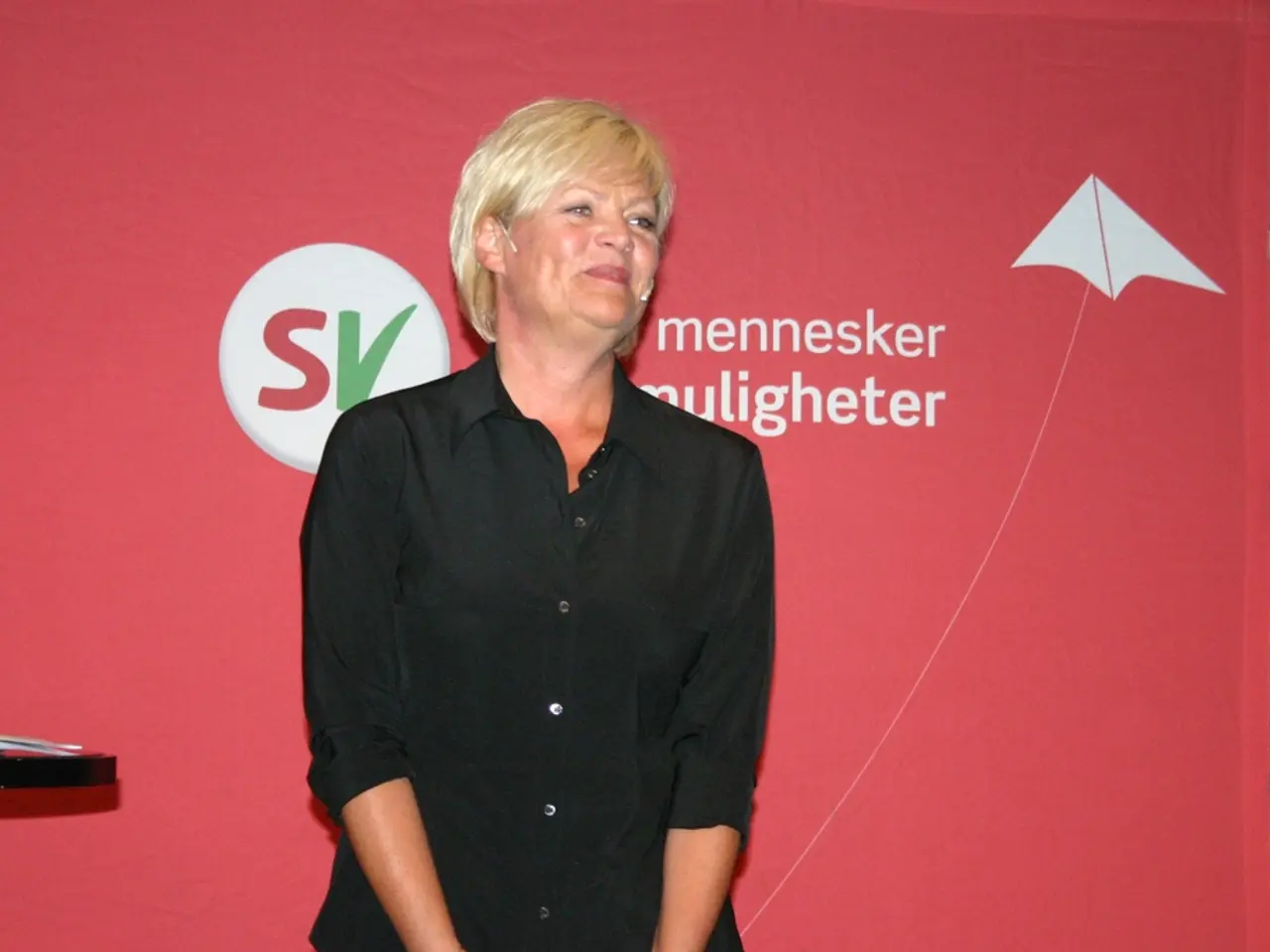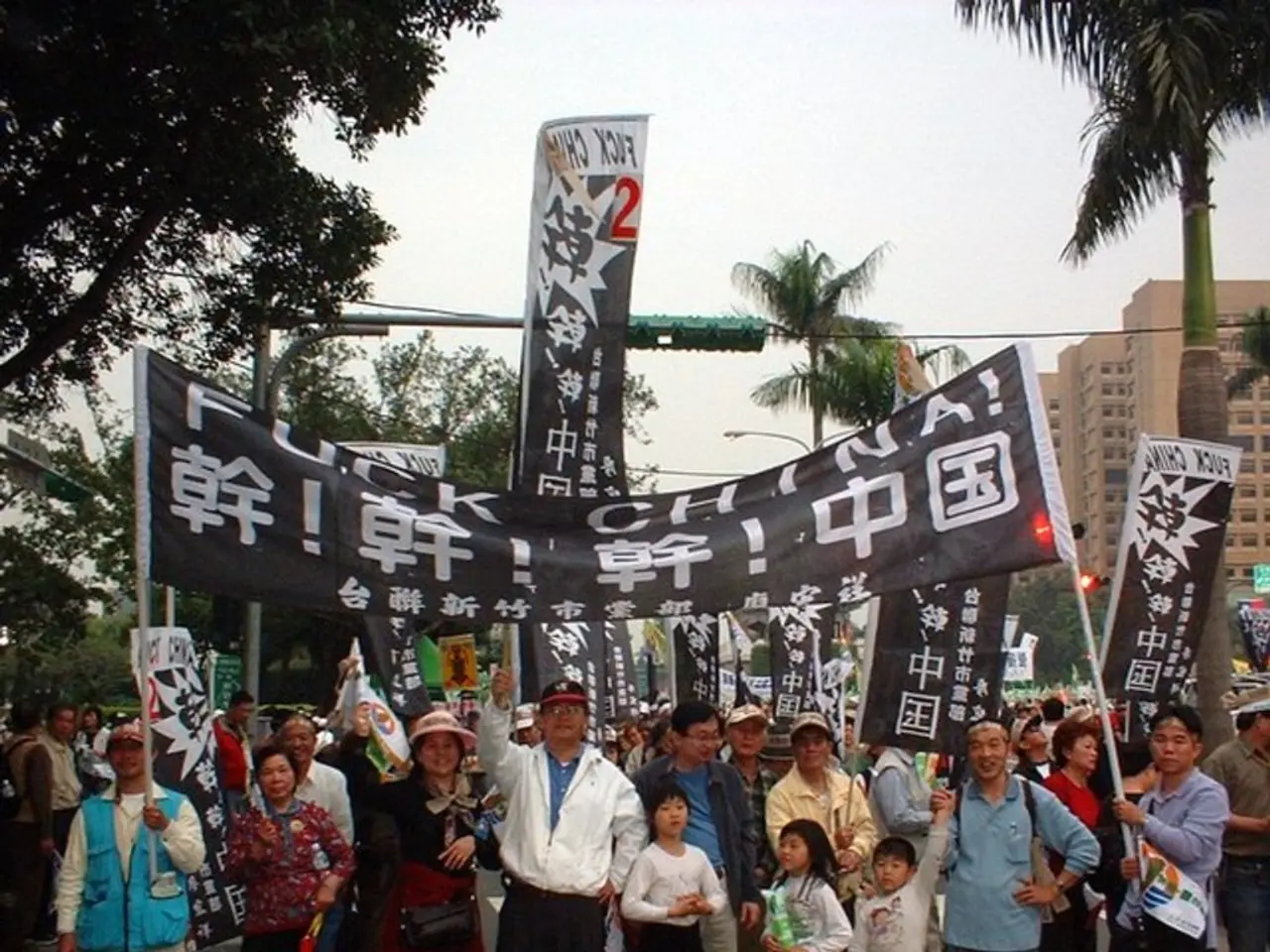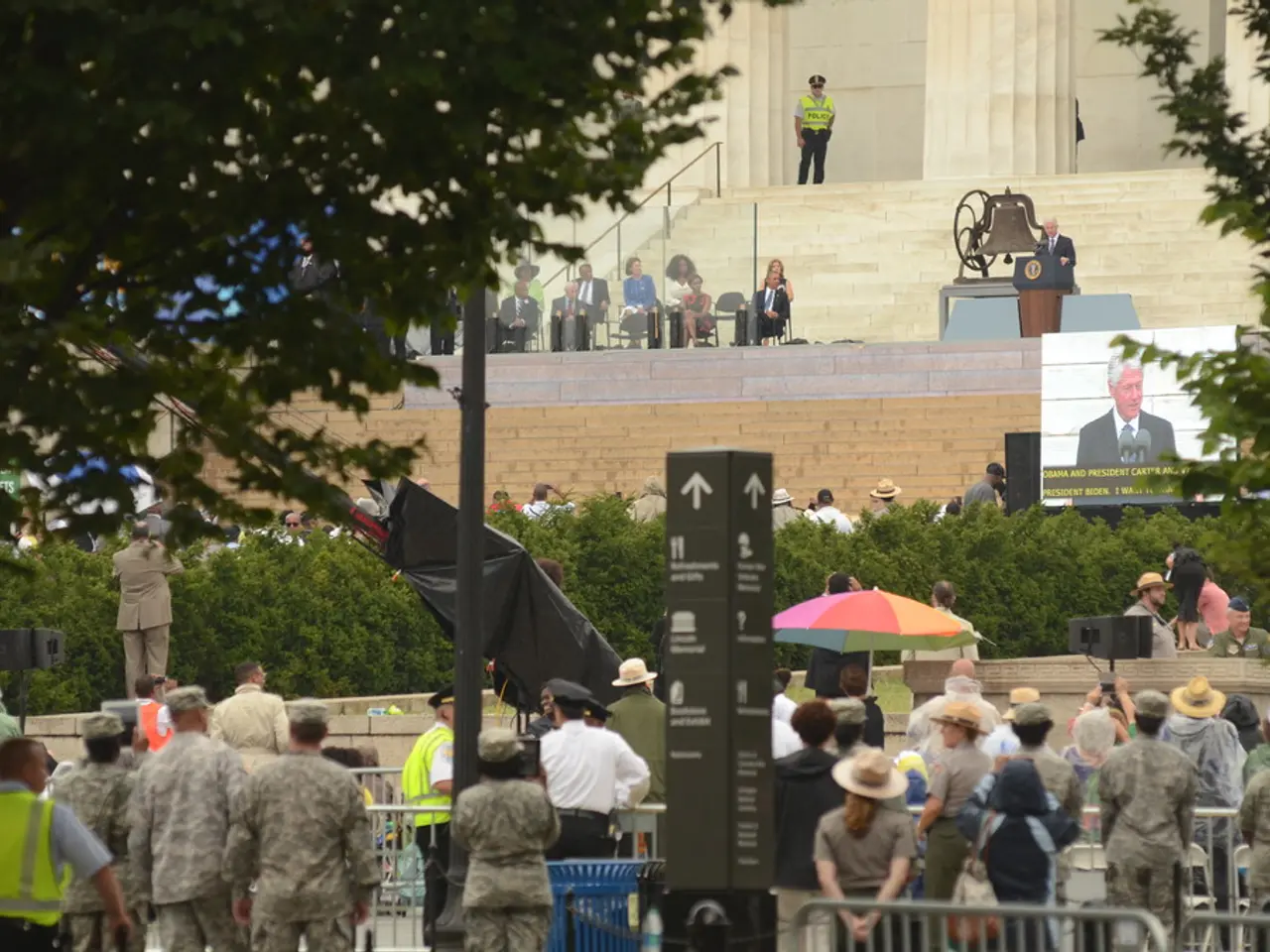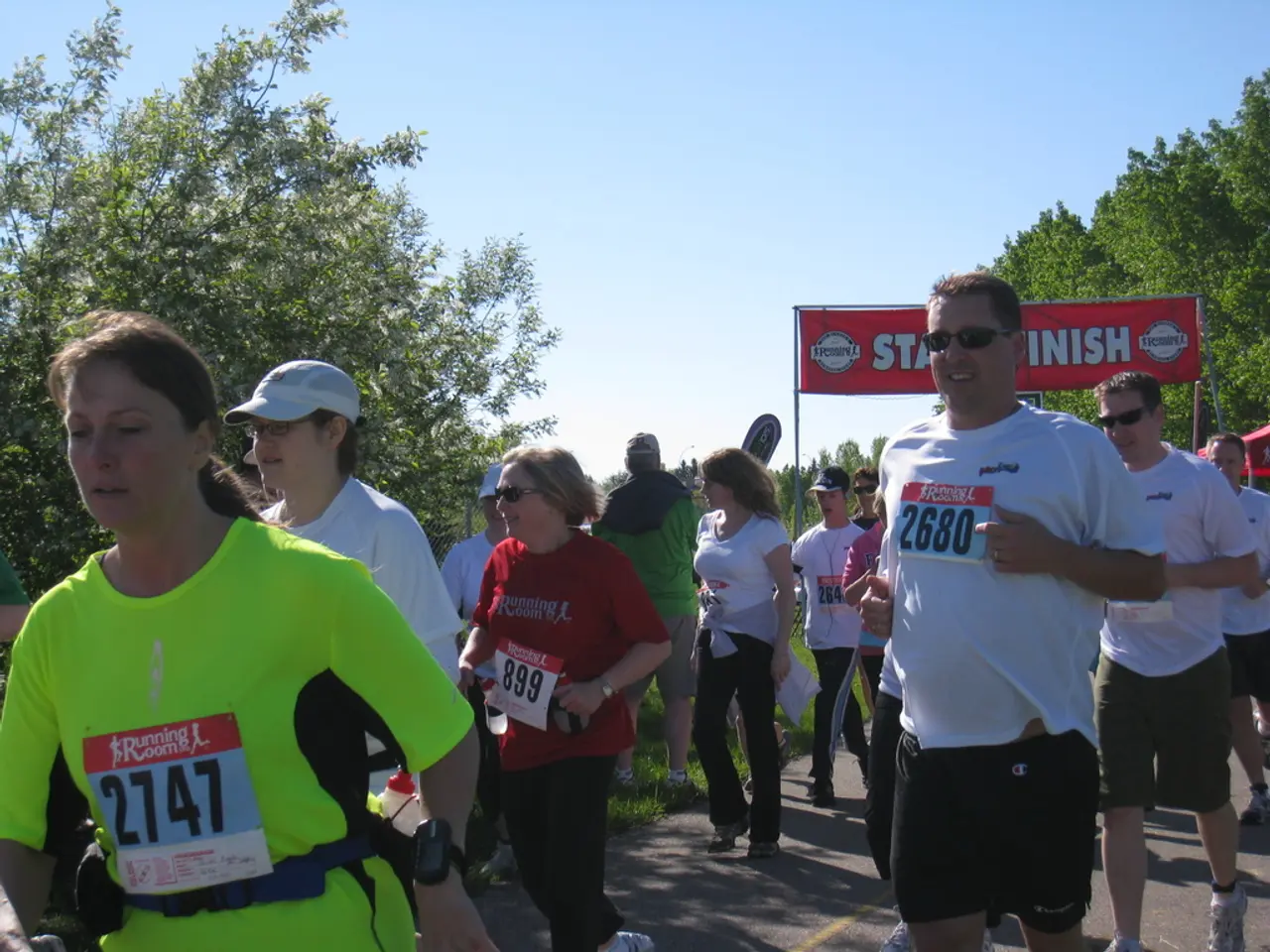Criminals Gerasimene and Opekin receive 12-year penitentiary sentences
In a series of recent developments, the Minsk City Court has handed down absentee verdicts to two prominent individuals, Alexander Gerasimenya and Alexander Opeikin. The sentencing, which occurred outside the courtroom as the defendants are abroad, has sparked controversy and drawn criticism from international human rights organizations and foreign governments.
Gerasimenya, considered one of the greatest swimmers in the history of independent Belarus, and Opeikin, whose athletic achievements remain undisclosed, have been sentenced to 12 years in prison each. The charges against them involve activities deemed criminal by Belarusian authorities, often connected to political dissent or opposition movements. These charges typically involve disrupting public order, organizing or participating in protests, or other actions that the Belarusian government categorizes as extremism or attempts to undermine state security.
The special production procedure, a method used in criminal cases for individuals who are not in Belarus and evade court appearances, was employed in this case. Under this procedure, the criminal case was considered, and the defendants were sentenced in their absence.
The sentencing in absentia indicates that neither Gerasimenya nor Opeikin were present at the trial, a practice sometimes used in politically sensitive cases. This practice has been met with criticism, with critics arguing that these trials lack due process and are part of broader repression against political activists and opposition figures in Belarus.
In addition to the prison sentences, Gerasimenya has been ordered to pay over Br22,150 in damages to the Belarusian Federation of Modern Pentathlon, and an additional Br86,650 to the Belarusian Cycling Federation. Opeikin will also pay Br571,300 in damages to GU "Belsportsupport".
The news about the verdict was reported by BELTA, the Belarusian state news agency. The investigation and subsequent trial involved 15 individuals, including Svetlana Tikhanovskaya, Pavel Latushko, and Dmitry Navosha, who are currently under special investigation.
The Investigative Committee has stated that the participants aimed to seize power unconstitutionally by creating an extremist group and calling for illegal actions. The committee has also completed the preliminary investigation against NEXTA leaders. Under new legal norms, the property of convicted persons, including real estate registered in the names of others to hide it, can be confiscated.
For more detailed and precise information about the specific charges, the context of their opposition activities, and the legal proceedings, it would be necessary to consult detailed news reports or official court documents concerning their case.
- The controversy surrounding the absentee verdicts handed to Alexander Gerasimenya and Alexander Opeikin, who were sentenced to jail for 12 years each, stems from their involvement in policy-and-legislation matters, as their charges often involved political dissent and opposition movements.
- The trial of Gerasimenya and Opeikin, along with other individuals, such as Svetlana Tikhanovskaya, Pavel Latushko, and Dmitry Navosha, under the special investigation, is a part of broader politics and crime-and-justice matters, with human rights organizations and foreign governments expressing concerns over due process in the general-news landscape.







